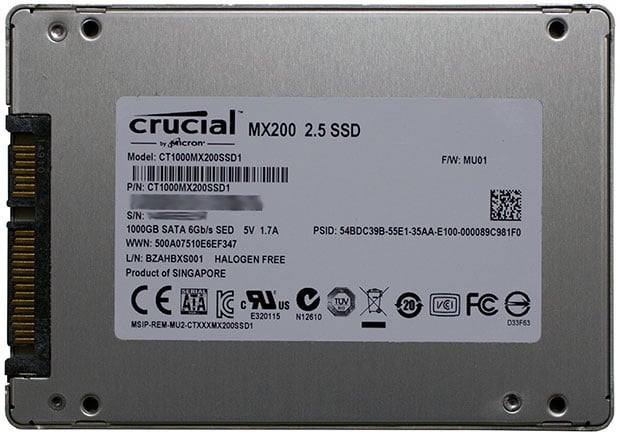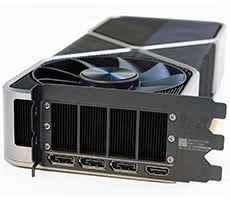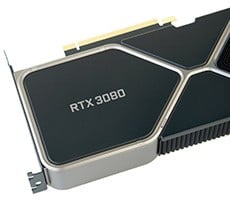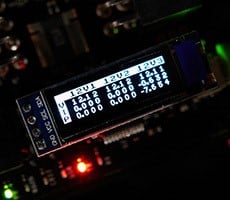Crucial MX200 1TB and 500GB SSD Reviews: Affordable And Fast
MX 200 Into And Specifications
Prices for solid state drives have fallen precipitously over the past year. This is especially true when shopping 2.5-inch form factor SATA SSDs, which is where some of the best values in solid state storage are currently found. That's certainly true of Micron's Crucial brand MX200 line, two of which we have in for review here.
First announced at the Consumer Electronics Show (CES) in Las Vegas earlier this year, the MX200 series debuted in three capacities -- 250GB, 500GB, and 1TB, each priced at under 50 cents per gigabyte. Crucial set the MSRPs at $140 for the 250GB model, $250 for the 500GB SKU, and $470 for the 1TB drive, all three of which are available for considerably less online. At the time of this writing, you can find the 250GB model going for around $97, the 500GB for $180, and the 1TB for $361.
First announced at the Consumer Electronics Show (CES) in Las Vegas earlier this year, the MX200 series debuted in three capacities -- 250GB, 500GB, and 1TB, each priced at under 50 cents per gigabyte. Crucial set the MSRPs at $140 for the 250GB model, $250 for the 500GB SKU, and $470 for the 1TB drive, all three of which are available for considerably less online. At the time of this writing, you can find the 250GB model going for around $97, the 500GB for $180, and the 1TB for $361.
|
| Capacity |
1TB and 500GB (250GB) |
| Part Number |
1TB (CT1000MX200SSD1), 500GB (CT500MX200SSD1) |
| Form Factor |
2.5-inch (7mm); 7mm to 9.5mm spacer included |
| Sequential Read MB/s |
Up to 555 |
| Sequential Write MB/s |
Up to 500 |
| Random Read IOPS |
Up to 100,000 |
| Random Write IOPS |
Up to 87,000 |
| Security |
AES 256-bit encryption; TCG Opal 2.0 compliant; IEEE-1667 compliant; compatible w/ Microsoft eDrive |
| Certification |
CE, FCC, BSMI, IC, C-Tick, VCCI, Kcc, RoHS, WEEE, TUV, UL |
| Operating Temperature |
0C to 70C |
| Life Expectancy (MTTF) |
1.5 million hours |
| Warranty | 3 years |
| Price | $180 street (500GB); $361 street (1TB) |
Both of our test samples are 2.5-inch SATA 6Gbps drives measuring 7mm (Crucial includes a 7mm to 9.5mm spacer). The MX200 series is also available in mSATA and and M.2 form factors, though rated performance across the board is the same for every drive, regardless of form factor or capacity.
One of the advantages a company like Crucial has is access to its own chips through parent firm Micron, which is based in Boise, Idaho. The MX200 line in particular uses Micron's 128Gb multi-level cell (MLC) NAND flash built on a 16nm manufacturing process. Like the MX100 series that came before it, the MX200 line pairs this memory with Marvell's 88SS9189 controller and custom firmware from Micron.
The move to 16nm NAND flash memory isn't all that's new with the MX200 versus the MX100. Micron added something called Dynamic Write Acceleration, a technical term for high-speed single-level cell (SLC) cache residing in front of the main MLC storage. When enabled, the drives can switch back and forth between SLC and MLC as needed, which essentially allows the SLC NAND to change in size and location on the SSD. The advantage this has over a simple SLC cache setup is it allows the SSD to overcom performance problems that crop up when the SLC cache is full, which then forces the SSD to write new data in the MLC area.
Unfortunately, the 500GB and 1TB drives we have in for review are the only two models in the MX200 series that don't use Dynamic Write Acceleration. That means we can't compare performance with the feature turned on and off. However, they support a host of other features in the MX200 line, including adaptive thermal protection, active garbage collection, TRIM support, and so forth.
On the security side, hardware encryption is preset and accounted for in the form AES 256-bit encryption. According to Crucial, its MX200 drives meet or exceed all industry encryption standards, including Microsoft eDrive, IEEE-1667, and TCG Opal 2.0.
Another interesting feature carried over from previous-gen drives is dubbed RAPID. RAPID is an acronym for Real-Time Accelerated Processing of I/O Data. It is a feature of Samsung’s Magician software (v4.2 or newer) that can speed up the drive significantly and can be enabled with a single-click (followed by a reboot).
One other feature we should touch on is Crucial's RAIN technology. Crucial likens RAIN to how RAID is used with multiple hard drives, at least with how it spreads out data. Drives featuring RAIN save data on multiple different storage components, so if one of the components in the SSD fails, the data isn't necessarily gone.
This is typically a feature of enterprise-class drives, though it's included on the MX200 series. And in addition to added peace of mind, Crucial says performance is improved through something called parallelism, which allows the various storage elements to work together.










